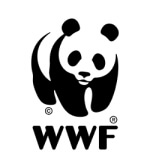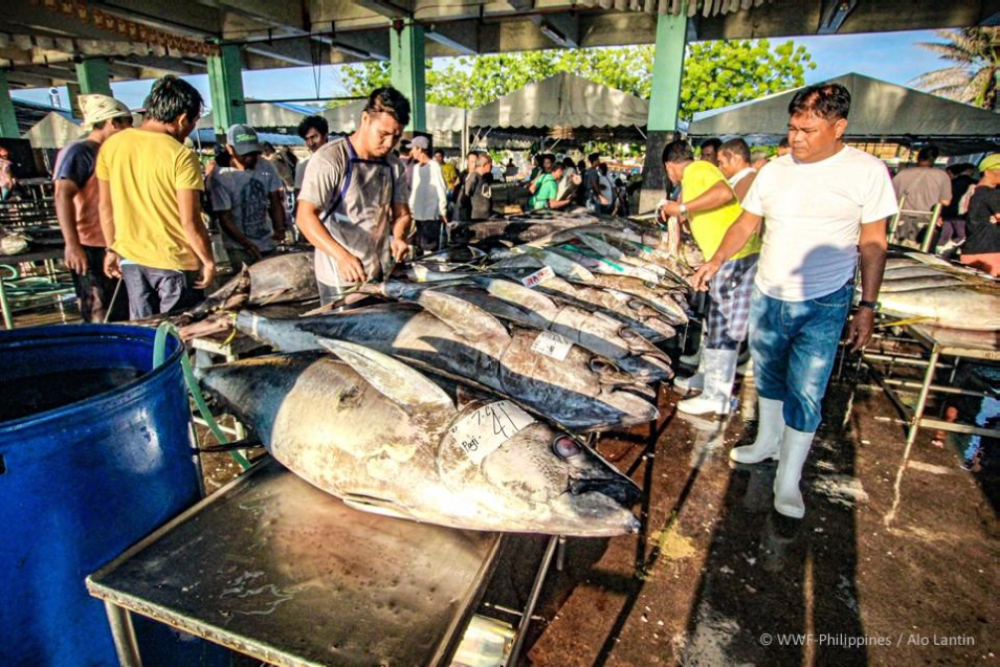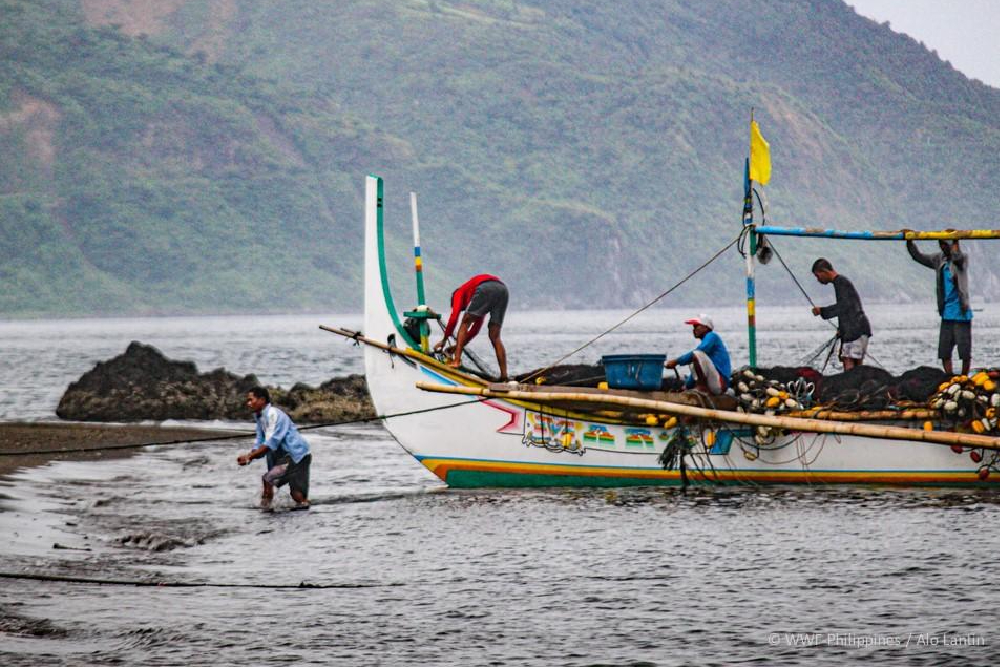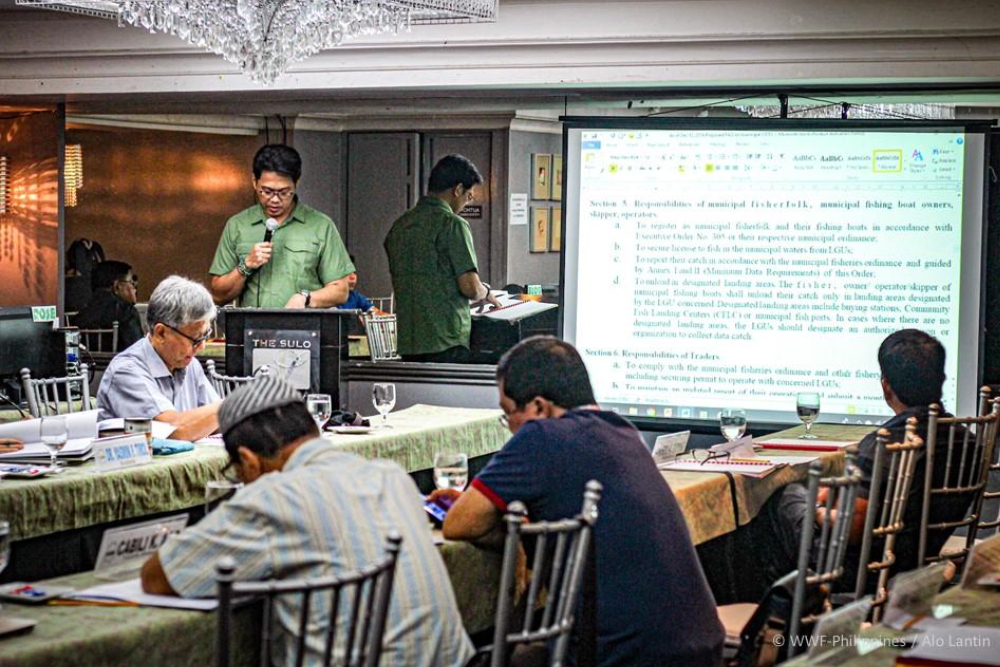Fisheries across the Philippines have started to collapse – but solutions sit on the horizon.
The Bureau of Fisheries and Aquatic Resources (BFAR), together with representatives from the World Wide Fund for Nature (WWF) Philippines and RARE Philippines, lobbied to the National Fisheries and Aquatic Resource Management Council (NFARMC) during the 4th Quarter Meeting of the NFARMC for sustainable fisheries and the development of the Guidelines for the Municipal Fisheries Catch Documentation and Traceability System on the 12th of December, 2019.
Recent studies suggest that the Philippines loses approximately 68.5 billion pesos to illegal fishing activities each year. Poor enforcement has also allowed fishing outfits to operate unchecked, which has left 10 of the countries’ 13 fishing areas overfished. Rampant and destructive fishing practices have cost the Philippines’ fishery industry, putting the livelihoods of millions of Filipinos at risk.
WWF-Philippines, together with the United States Agency for International Development (USAID) and BFAR, has been working with technical partners on the development of an effective electronic catch documentation traceability system, to provide a simple and comprehensive way to monitor fish catches in the country.
“We’ve heard from local government units, and they’ve expressed their willingness to follow traceability measures. Their problem is a lack of guidelines as to what they should be following,” said WWF-Philippines Fisheries Technical Officer David N. David. The existing fisheries code calls for traceability measures to help with the enforcement of the law over the countries’ marine resources. Guidelines to implement these measures, however, are currently lacking, making it difficult for key players to roll out what is already in the law.
“I think it’s time we have these guidelines in place. In my own municipality, the question that arises is, how are we supposed to trace these fish catches? There are no guidelines for us to follow… If the LGUs don’t have a base to follow, all they can do is wait,” says Luzon Fisherfolk Representative Romeo Gupong. The need for effective enforcement and management over our natural resources continues to grow as pressures weigh heavy on the Philippines’ fisheries. Work with WWF-Philippines and help ensure our seas stay rich with life for generations to come.





